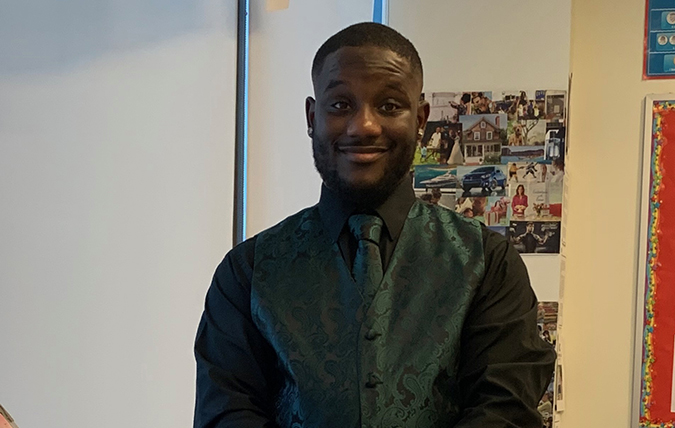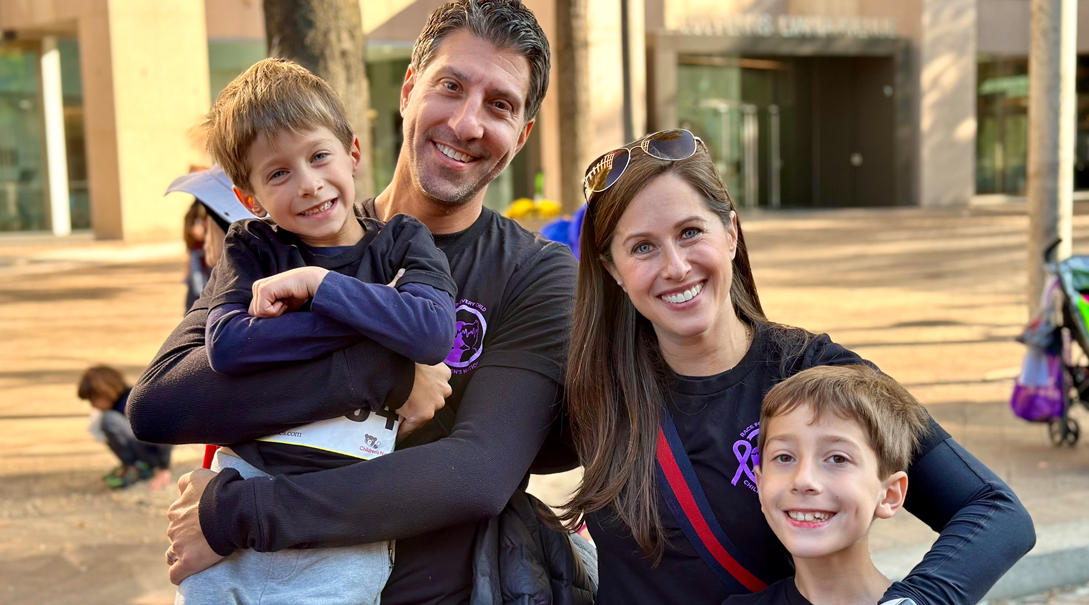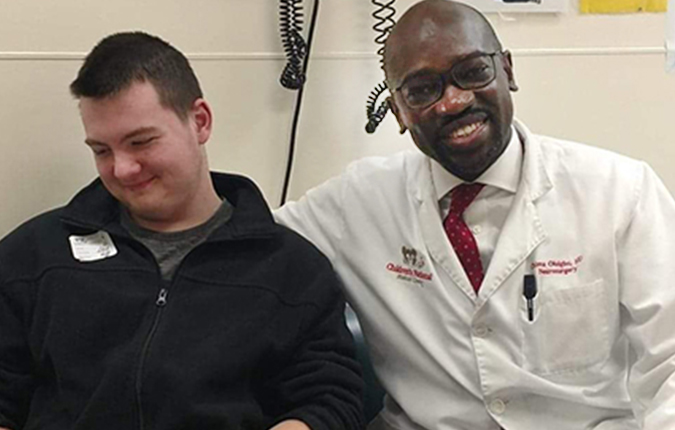Condition
Pediatric Epilepsy and Seizures
Key points about epilepsy and seizure
- A seizure occurs when one or more parts of the brain has a burst of abnormal electrical signals that interrupt normal signals.
- There are many types of seizures. Each can cause different kinds of symptoms. These range from slight body movements to loss of consciousness and convulsions.
- Epilepsy is when a person has two or more seizures with no known cause.
- Epilepsy is treated with medicine. In some cases, it may be treated with vagus nerve stimulator or surgery.
- It’s important to avoid anything that triggers seizures. This includes lack of sleep.
Schedule an Appointment
Our pediatric specialists provide personalized care for your child’s physical, mental and emotional health needs. Meet our providers and schedule an appointment today.
Frequently Asked Questions
How are epilepsy and seizures connected?
Epilepsy is a brain condition that causes a child to have seizures. It is one of the most common disorders of the nervous system. It affects children and adults of all races and ethnic backgrounds.
The brain consists of nerve cells that communicate with each other through electrical activity. A seizure occurs when one or more parts of the brain has a burst of abnormal electrical signals that interrupt normal brain signals. Anything that interrupts the normal connections between nerve cells in the brain can cause a seizure. This includes a high fever, high or low blood sugar, alcohol or drug withdrawal or a brain concussion. But when a child has two or more seizures with no known cause, this is diagnosed as epilepsy.
There are different types of seizures. The type of seizure depends on which part and how much of the brain is affected and what happens during the seizure. The two main categories of epileptic seizures are focal (partial) seizure and generalized seizure.
What are the different types of seizures?
Focal (partial) seizures
Focal seizures take place when abnormal electrical brain function occurs in one or more areas of one side of the brain. Before a focal seizure, your child may have an aura or signs that a seizure is about to occur. This is more common with a complex focal seizure. The most common aura involves feelings, such as deja vu, impending doom, fear or euphoria. Or your child may have visual changes, hearing abnormalities or changes in sense of smell. The two types of focal seizures are:
- Simple focal seizure. The symptoms depend on which area of the brain is affected. If the abnormal electrical brain function is in the part of the brain involved with vision (occipital lobe), your child’s sight may be altered. More often, muscles are affected. The seizure activity is limited to an isolated muscle group. For example, it may only include the fingers, or larger muscles in the arms and legs. Your child may also have sweating, nausea or become pale. Your child won’t lose consciousness in this type of seizure.
- Complex focal seizure. This type of seizure often occurs in the area of the brain that controls emotion and memory function (temporal lobe). Your child will likely have altered consciousness. Your child may or may not pass out, or just stop being aware of what's going on around him or her. Your child may look awake, but have a variety of unusual behaviors. These may range from gagging, lip smacking, running, screaming, crying or laughing. Your child may be tired or sleepy after the seizure. This is called the postictal period.
Generalized seizure
A generalized seizure occurs in both sides of the brain. Your child will lose consciousness and be tired after the seizure (postictal state). Types of generalized seizures include:
- Absence seizure. This is also called petit mal seizure. This seizure causes a brief changed state of consciousness and staring. Your child will likely maintain posture. His or her mouth or face may twitch or eyes may blink rapidly. The seizure usually lasts no longer than 30 seconds. When the seizure is over, your child may not recall what just occurred. He or she may go on with activities as though nothing happened. These seizures may occur several times a day. This type of seizure is sometimes mistaken for a learning or behavioral problem. Absence seizures almost always start between ages 4 to 12.
- Atonic seizure. This is also called a drop attack. With an atonic seizure, your child has a sudden loss of muscle tone and may fall from a standing position or suddenly drop his or her head. During the seizure, your child will be limp and unresponsive.
- Generalized tonic-clonic seizure (GTC). This is also called grand mal seizure. The classic form of this kind of seizure has 5 distinct phases. Your child’s body, arms and legs will flex (contract), extend (straighten out) and tremor (shake). This is followed by contraction and relaxation of the muscles (clonic period) and the postictal period. During the postictal period, your child may be sleepy. He or she may have problems with vision or speech, and may have a bad headache, fatigue or body aches. Not all of these phases occur in everyone with this type of seizure.
- Myoclonic seizure. This type of seizure causes quick movements or sudden jerking of a group of muscles. These seizures tend to occur in clusters. This means that they may occur several times a day, or for several days in a row.
What causes a seizure in a child?
A seizure can be caused by many things. These can include:
- An imbalance of nerve-signaling brain chemicals (neurotransmitters)
- Genetics
- Brain tumor
- Stroke
- Brain damage from illness or injury, including those at birth
- Medicines or illegal drugs
A seizure may be caused by a combination of these. In most cases, the cause of a seizure can’t be found.
What are the signs of a seizure in a child?
Your child’s symptoms depend on the type of seizure. General symptoms or warning signs of a seizure can include:
- Staring
- Jerking movements of the arms and legs
- Stiffening of the body
- Loss of consciousness
- Breathing problems or stopping breathing
- Loss of bowel or bladder control
- Falling suddenly for no apparent reason, especially when associated with loss of consciousness
- Not responding to noise or words for brief periods
- Appearing confused or in a haze
- Nodding head rhythmically, when associated with loss of awareness or consciousness
- Periods of rapid eye blinking and staring
During the seizure, your child’s lips may become tinted blue and his or her breathing may not be normal. After the seizure, your child may be sleepy or confused.
The symptoms of a seizure may be like those of other health conditions. Make sure your child sees his or her healthcare provider for a diagnosis.
How are seizures diagnosed in a child?
The healthcare provider will ask about your child’s symptoms and health history. You’ll be asked about other factors that may have caused your child’s seizure, such as:
- Recent fever or infection
- Head injury
- Congenital health conditions
- Preterm birth
- Recent medicines
Your child may also have:
- A neurological exam
- Blood tests to check for problems in blood sugar and other factors
- Imaging tests of the brain, such as a magnetic resonance imaging (MRI) or computed tomography (CT) scan
- Electroencephalogram (EEG) to test the electrical activity in your child’s brain
- Lumbar puncture (spinal tap) to measure the pressure in the brain and spinal canal and test the cerebrospinal fluid for infection or other problems
How are seizures treated?
The goal of treatment is to control, stop or reduce how often seizures occur. Treatment is most often done with medicine. Many types of medicines are used to treat seizures and epilepsy. Your child’s healthcare provider will need to identify the type of seizure your child is having. Medicines are selected based on the type of seizure, age of the child, side effects, cost and ease of use. Medicines used at home are usually taken by mouth as capsules, tablets, sprinkles or syrup. Some medicines can be given into the rectum or in the nose. If your child is in the hospital with seizures, medicine may be given by injection or intravenously by vein (IV).
It is important to give your child medicine on time and as prescribed. The dose may need to be adjusted for the best seizure control. All medicines can have side effects. Talk with your child’s healthcare provider about possible side effects. If your child has side effects, talk to the healthcare provider. Do not stop giving medicine to your child. This can cause more or worse seizures.
While your child is taking medicine, he or she may need tests to see how well the medicine is working. Your child may have:
- Blood tests. Your child may need blood tests often to check the level of medicine in his or her body. Based on this level, the healthcare provider may change the dose of medicine. Your child may also have blood tests to check the effects of the medicine on his or her other organs.
- EEG. An EEG is a procedure that records the brain's electrical activity. This is done by attaching electrodes to the scalp. This test is done to see how medicine is helping the electrical problems in your child’s brain.
Your child may not need medicine for life. Some children are taken off medicine if they have had no seizures for 1 to 2 years. This will be determined by your child's healthcare provider.
Other Treatments
If medicine doesn’t work well enough for your child to control seizures or your child has problems with side effects, the healthcare provider may advise other types of treatment. Your child may be treated with any of the below:
- A ketogenic diet. This type of diet is very high in fat, and very low in carbohydrates. Enough protein is included to help promote growth. The diet causes the body to make ketones. These are chemicals made from the breakdown of body fat. The brain and heart work normally with ketones as an energy source. This special diet must be strictly followed. Too many carbohydrates can stop ketosis. Researchers aren’t sure why the diet works. But some children become seizure-free when put on the diet. The diet doesn’t work for every child.
- Vagus nerve stimulator (VNS). This treatment sends small pulses of energy to the brain from one of the vagus nerves. This is a pair of large nerves in the neck. If your child is age 12 or older and has partial seizures that are not controlled well with medicine, VNS may be an option. VNS is done by surgically placing a small battery into the chest wall. Small wires are then attached to the battery and placed under the skin and around one of the vagus nerves. The battery is then programmed to send energy impulses every few minutes to the brain. When your child feels a seizure coming on, he or she may activate the impulses by holding a small magnet over the battery. In many cases, this will help to stop the seizure. VNS can have side effects such as hoarse voice, pain in the throat or change in voice.
Surgery
Surgery may be done to remove the part of the brain where the seizures are occurring. Or the surgery helps to stop the spread of the bad electrical currents through the brain. Surgery may be an option if your child’s seizures are hard to control and always start in one part of the brain that doesn’t affect speech, memory or vision. Surgery for epilepsy seizures is very complex. It is done by a specialized surgical team. Your child may be awake during the surgery. The brain itself does not feel pain. If your child is awake and able to follow commands, the surgeons are better able to check areas of his or her brain during the procedure. Surgery is not an option for everyone with seizures.
How can I help my child live with epilepsy?
You can help your child with epilepsy manage his or her health:
- If age-appropriate, make sure your child understands the type of seizure he or she has and the type of medicine that is needed.
- Know the dose, time and side effects of all medicines. Give your child medicine exactly as directed.
- Talk with your child's healthcare provider before giving your child other medicines. Medicines for seizures can interact with many other medicines. This can cause the medicines to not work well, or cause side effects.
- Help your child avoid anything that may trigger a seizure. Make sure your child gets enough sleep, as lack of sleep can trigger a seizure.
- Make sure your child visits his or her healthcare provider regularly. Have your child tested as often as needed.
Keep in mind that your child may not need medicine for life and may grow out of having seizures. Talk with the healthcare provider if your child has had no seizures for 1 to 2 years.
If your child’s seizures are controlled well, you may not need many restrictions on activities. Make sure your child wears a helmet for sports such as skating, hockey and bike riding. Make sure your child has adult supervision while swimming.
Seizures may affect your child's ability to drive a vehicle. Talk with your child's healthcare provider about the laws in your state.
Girls with epilepsy should talk with their healthcare provider about the effect of seizures on birth control and family planning.
When should I call my child’s healthcare provider?
Call the healthcare provider if:
- Your child’s symptoms get worse or do not get better
- Your child has side effects from medicine
Epilepsy and Mental Health

Eleni Rizakos, PsyD, a psychologist in the Epilepsy Program, discusses epilepsy and your child's mental health.
Meet the Providers Who Treat Epilepsy and Seizure
Patient Stories
Departments that Treat Epilepsy and Seizure
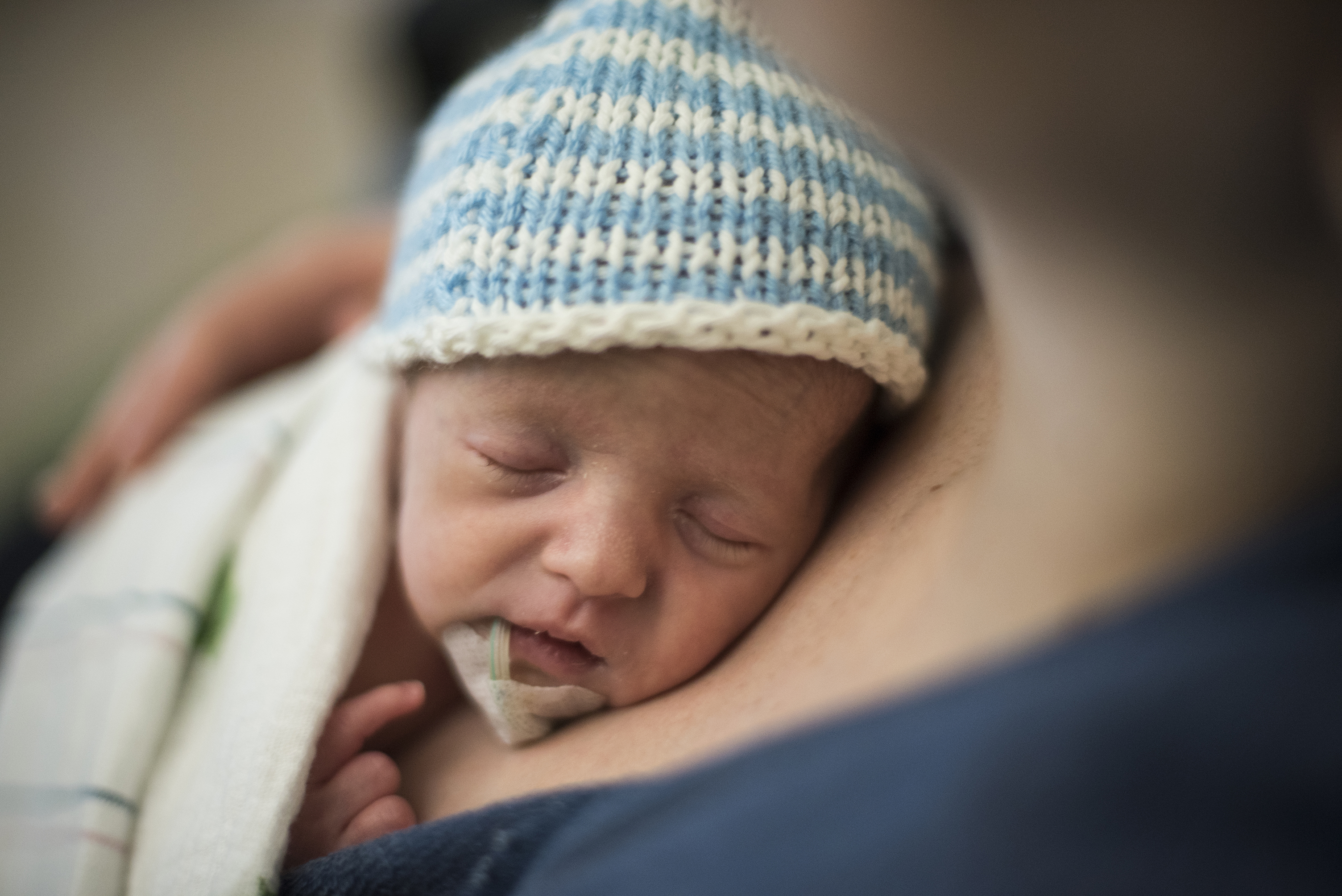
Neonatal Neurology and Neonatal Neurocritical Care Program
The Neonatal Neurology and Neurocritical Care Program at Children's National is the only one of its kind in the mid-Atlantic region and a leader in advancing neurologic care to some of our most critically ill newborns.
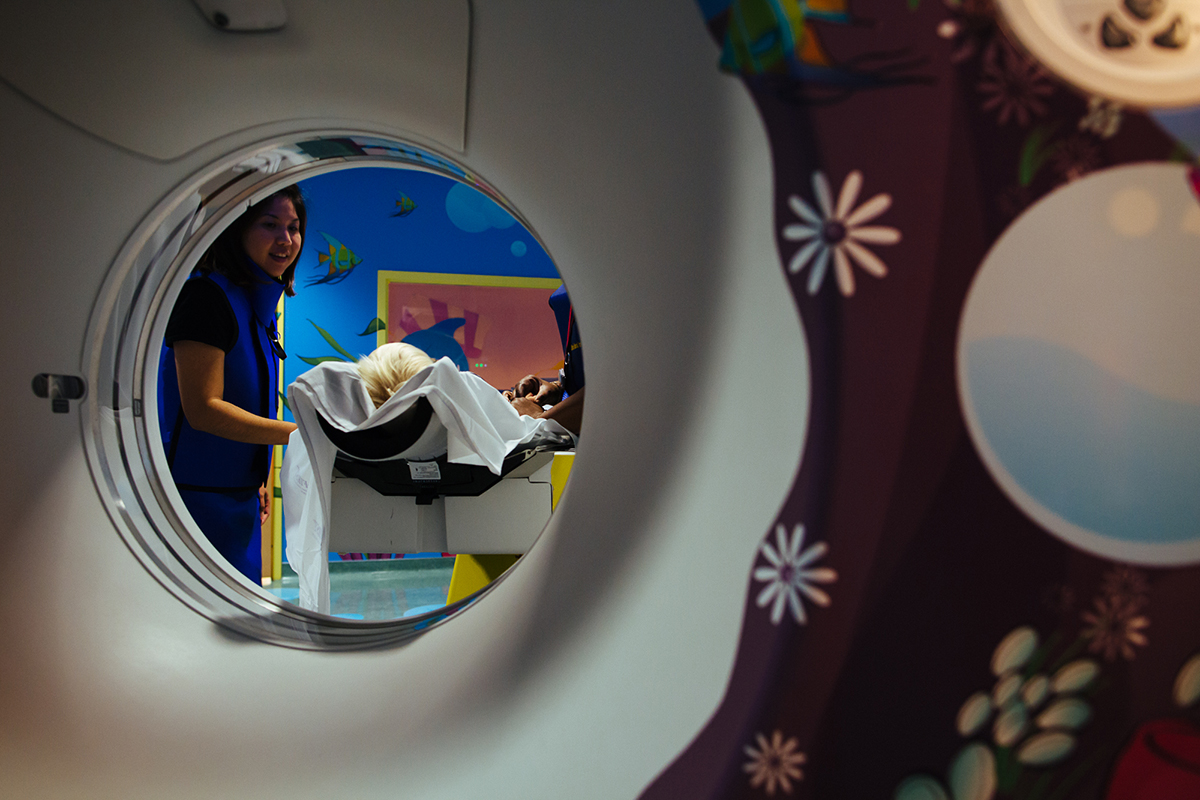
Neurobehavior Program
The Neurobehavior Program focuses on evaluation and management of behavioral effects associated with neurologic illness. Diseases emphasized include epilepsy, movement disorders, intellectual or developmental disabilities, migraines, and other complex neurologic and medical conditions.
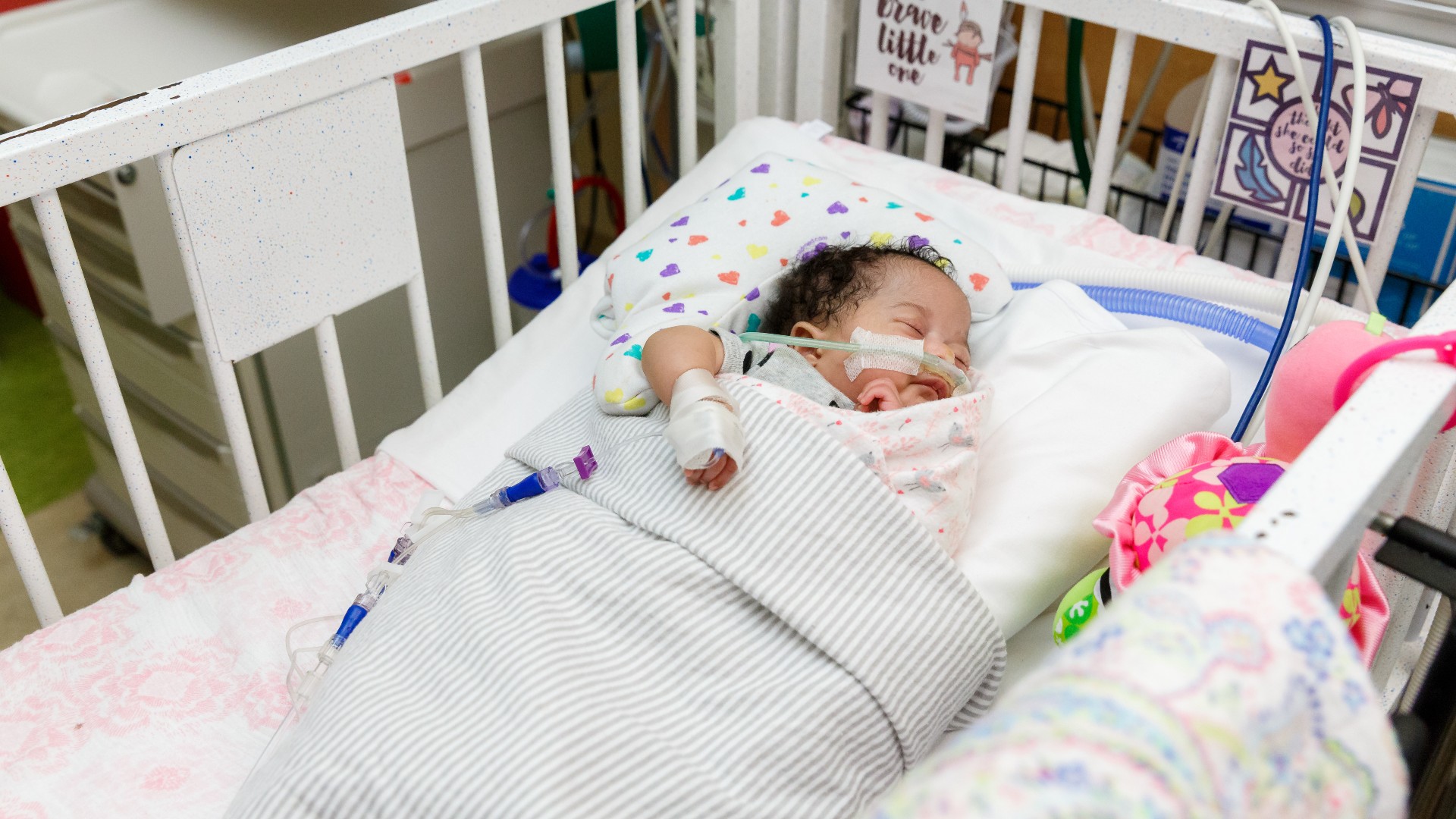
Neonatology
Whether your infant has arrived prematurely or has a critical illness, the top-ranked neonatology team at Children's National Hospital assists in coordinating every service you and your baby need, including consultations, assessments, emergency treatments and continuing care.
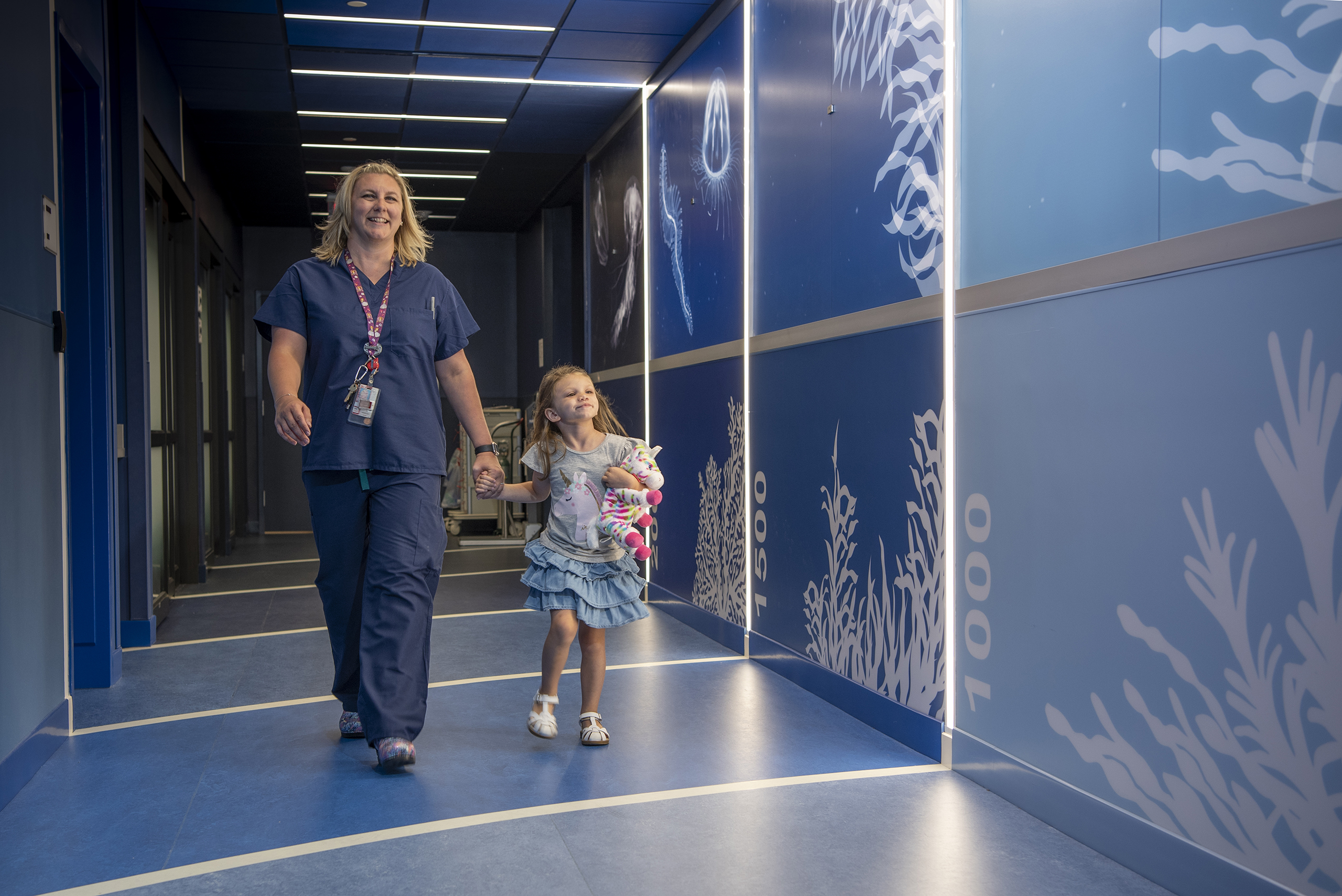
Neurointerventional Radiology Program
Our Neurointerventional Radiology Program targets the tiniest spaces in a child's brain or spine using catheters and imaging to treat vascular conditions without more invasive surgery.
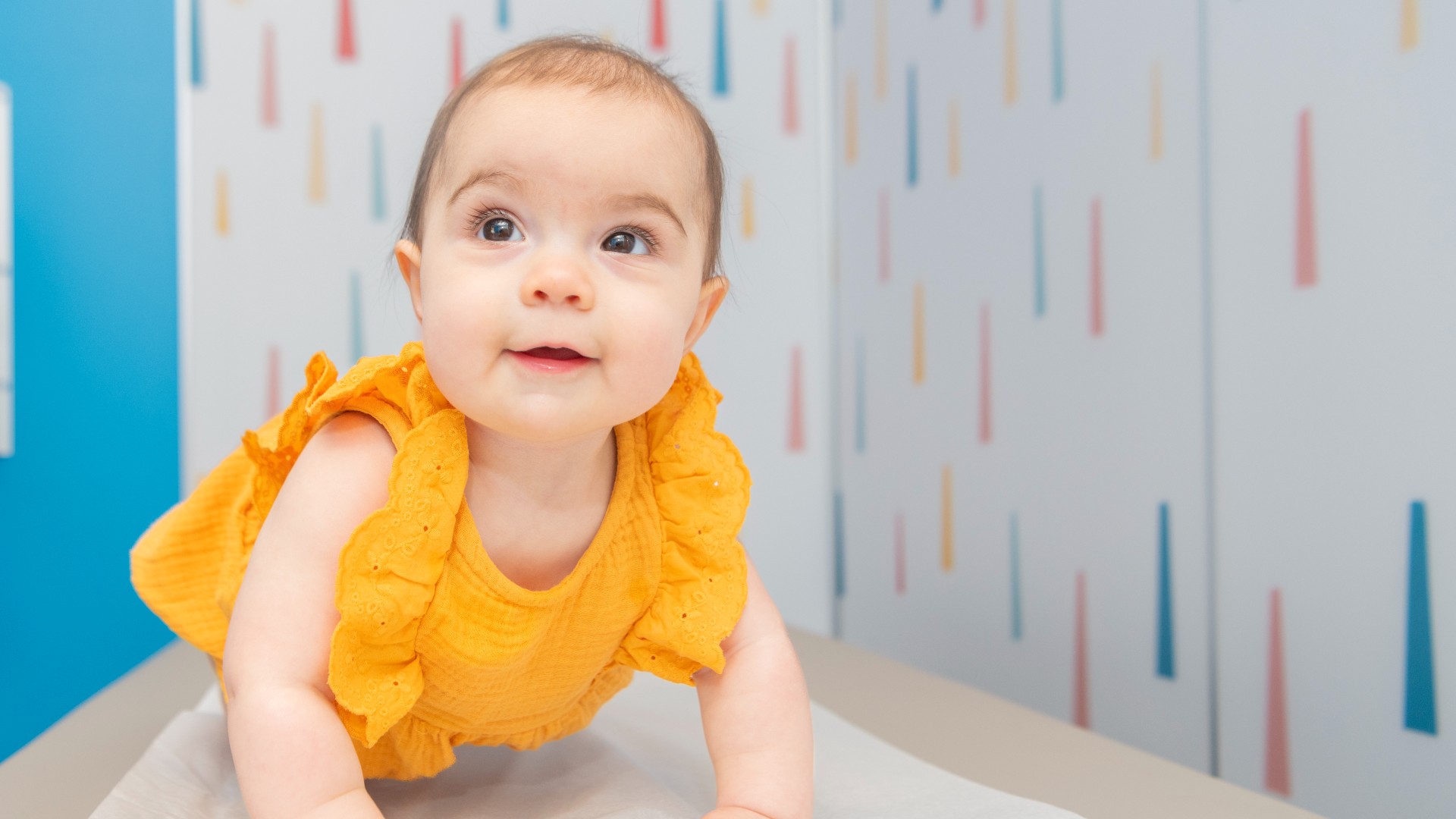
Neurosurgery
Our neurosurgery experts provide advanced care for newborns and children with complex neurological conditions.

Neurogenetics
Children's National Hospital provides advanced comprehensive care for children and families affected by neurogenetic conditions.

Neuropsychology
Children's National Hospital has some of the world's foremost experts in care for children with complex neurodevelopmental disorders affecting the brain and central nervous system.
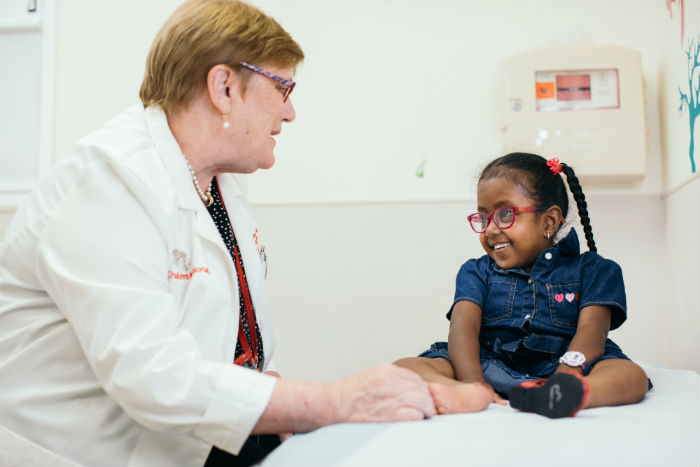
Bone Health Program
Orthopaedists at Children's National offer world-renowned expertise and life-changing care, including surgery, for children at high risk for bone fracture.

Pre-Operative Care Clinic
When your child is having surgery at Children's National Hospital, the Pre-Operative Care Clinic's (POCC) team of pediatric professionals screens patients for surgery and creates a specific care plan for each patient.
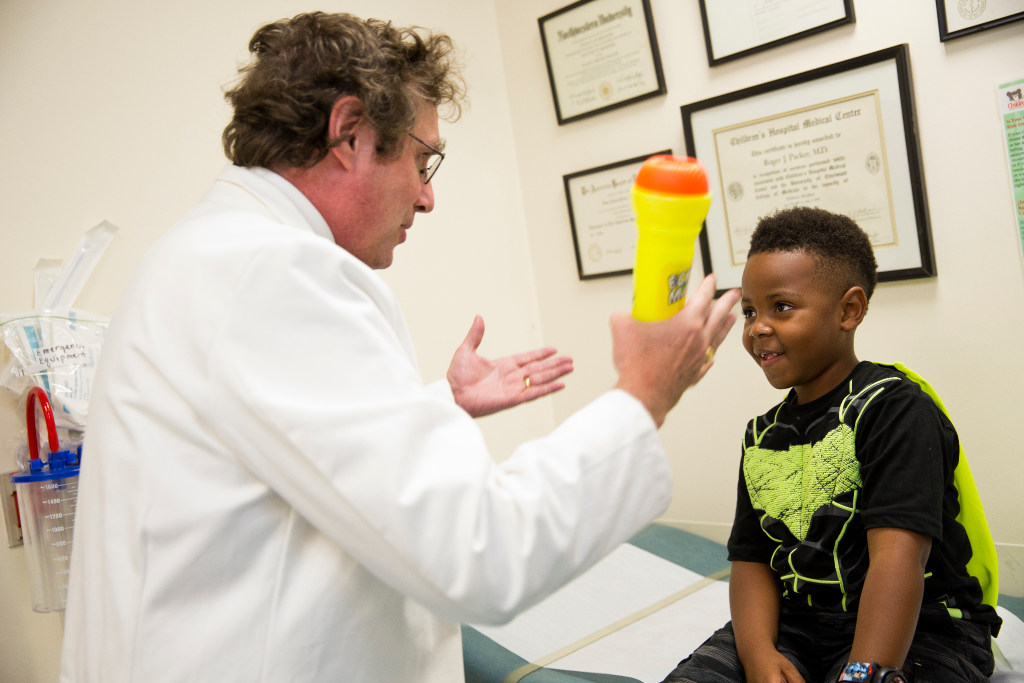
Dietary Therapies for Epilepsy Clinic
Our team works with you and your child to determine if specialized diets — including the ketogenic diet, modified Atkins diet and low glycemic index therapy — will help lessen or eliminate seizures that are difficult to control.

Help Kids and Make a Difference
Invest in future cures to help children have brighter futures.









